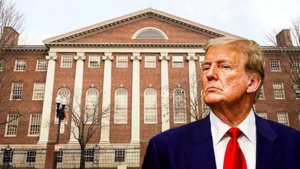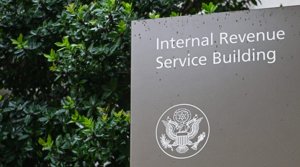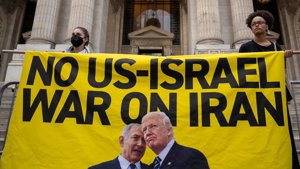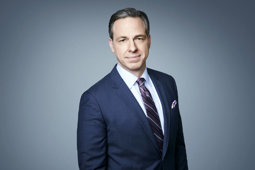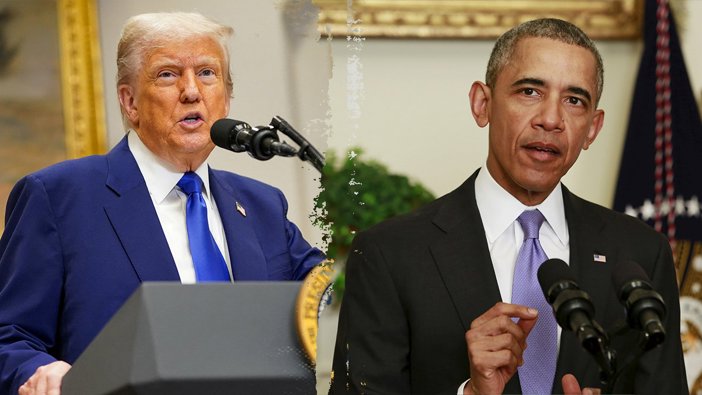
Obama Denies Trump’s Russiagate ‘Ringleader’ Accusation
Obama rebuffs Trump’s claims he led Russiagate, calling the allegations ‘bizarre’ and unsupported by any recent documents.
Obama Issues Rare Statement in Response to Trump
Former President Barack Obama has issued a rare public response to President Donald Trump’s escalating allegations regarding the origins of the Trump–Russia collusion investigation. In a statement released Tuesday evening, Obama flatly rejected Trump’s claim that he was the “ringleader” behind the so-called Russiagate probe, describing the charge as “bizarre,” “ridiculous,” and a “weak attempt at distraction.”
The controversy reignited after Trump, in an Oval Office meeting and subsequent public remarks, called for Obama to be criminally investigated. Trump accused Obama and key administration figures—including Joe Biden, James Clapper, John Brennan, Susan Rice, John Kerry, Loretta Lynch, and Andrew McCabe—of “manufacturing” intelligence that spurred the Russia probe. These claims were amplified by recently declassified documents from Director of National Intelligence Tulsi Gabbard, which Trump and his allies contend offer “overwhelming evidence” of wrongdoing by Obama-era officials.
Obama’s spokesman Patrick Rodenbush dismissed the allegations, emphasizing that “nothing in the document issued last week undercuts the widely accepted conclusion that Russia worked to influence the 2016 presidential election but did not successfully manipulate any votes.” He also referenced the 2020 report by the bipartisan Senate Intelligence Committee, led by then-Chairman Marco Rubio, which reaffirmed those findings.
Ongoing Dispute Over Declassified Intelligence and Criminal Referrals
The new documents, declassified by Gabbard, allege that Obama administration officials “manufactured and politicized intelligence” to create a narrative of Russian interference. The documents name multiple high-ranking figures and suggest a coordinated effort to initiate the investigation after Trump’s victory over Hillary Clinton in 2016. Gabbard sent a criminal referral to the Justice Department based on these findings, though the department has not disclosed details on potential targets.
Trump insists that his administration possesses thousands of additional documents and continues to call for investigations into Obama, Clinton, and their associates. He contends that the Steele dossier—funded by the Clinton campaign and the Democratic National Committee—was central to the initiation of Foreign Intelligence Surveillance Act (FISA) warrants and other official actions against his campaign. Trump characterized the dossier as a “total fake report,” claiming it was used by top officials despite being widely viewed within the intelligence community as unreliable.
The investigation into Russian interference, codenamed “Crossfire Hurricane,” began following a CIA briefing to President Obama about Clinton campaign efforts to link Trump to Russian meddling. After nearly two years, Special Counsel Robert Mueller’s report found no evidence of a criminal conspiracy or direct coordination between Trump’s campaign and Russian officials. Subsequent investigations, including by Special Counsel John Durham, criticized the FBI for not acting on signs that the probe could have been politically motivated.
As it stands, former FBI Director James Comey and former CIA Director John Brennan are reportedly subjects of an ongoing criminal investigation initiated by FBI Director Kash Patel.
The public dispute between Trump and Obama, along with the release of new documents and continued political pressure, underscores the enduring controversy over the origins and impact of the Russia investigation. With both sides entrenched, the debate is likely to persist, influencing the broader conversation about election security, government accountability, and political transparency in the United States.


